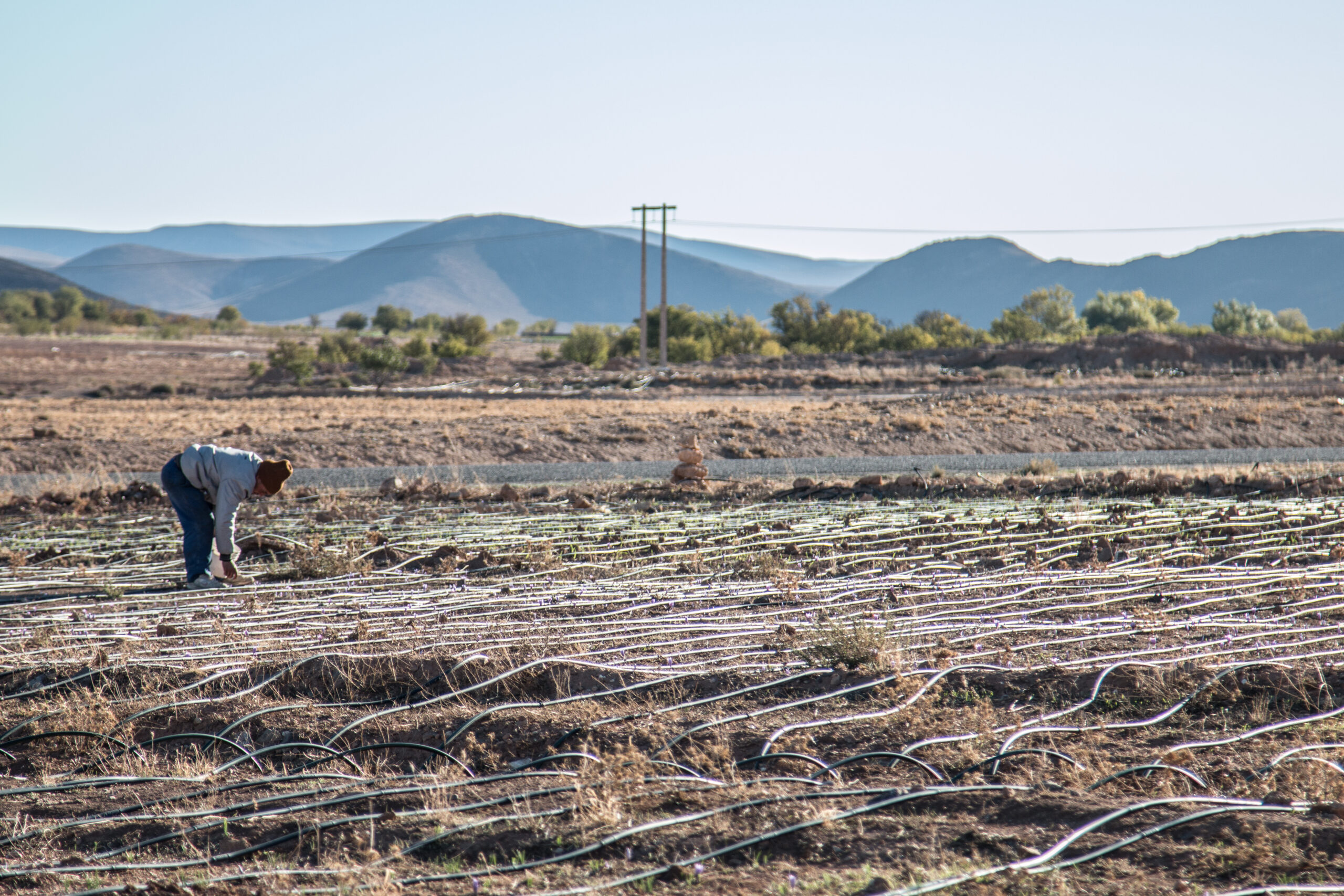Water & sanitation

Access to water and sanitation constitute both a need and a basic right for people all over the world. It affects public health, gender equality, the environment and economic processes.
What we do
Access to drinking water and sanitation
Through a partnership with users groups and public operators, we contribute to the construction of infrastructure in view of improving peoples’ access to drinking water. We increase production capacities, develop water distribution networks and improve water quality. As a consequence, water chores, which are usually carried out by women and young girls, become less time consuming.
We help people to improve the local environment, mostly through awareness-raising activities and the installation of equipment (drainage of runoff, evacuation and treatment of waste water, latrines, etc.).
Water & agriculture
We also intervene in the area of water for production aiming to enhance agricultural productivity, to foster the diversification of production and year-round cultivation. To do so, we build infrastructures to store and supply water to the crops and to protect farm land from the risks of flooding (dams, embankments, irrigation networks, wells, etc.). We also assist users with putting in place management systems for these installations.
Capacity development
We provide advice to our partners and strengthen the actors involved in water management – from user-consumers up to the state departments and including water professionals. Governance of the sector, and the planning and the management of infrastructure constitute essential axes of our assistance in view of ensuring sustainable service-delivery and the right to water.
Integrated Water Resources Management
Integrated Water Resources Management is a process which promotes the coordinated development and management of water, land and related resources in order to maximise the resultant economic and social welfare in an equitable manner without compromising the sustainability of vital eco-systems (Global Water Partnership, 2000).
To enhance the sustainability of water resources we support the various actors and users to work together through the installation of Integrated Water Resources Management programmes.
Related content
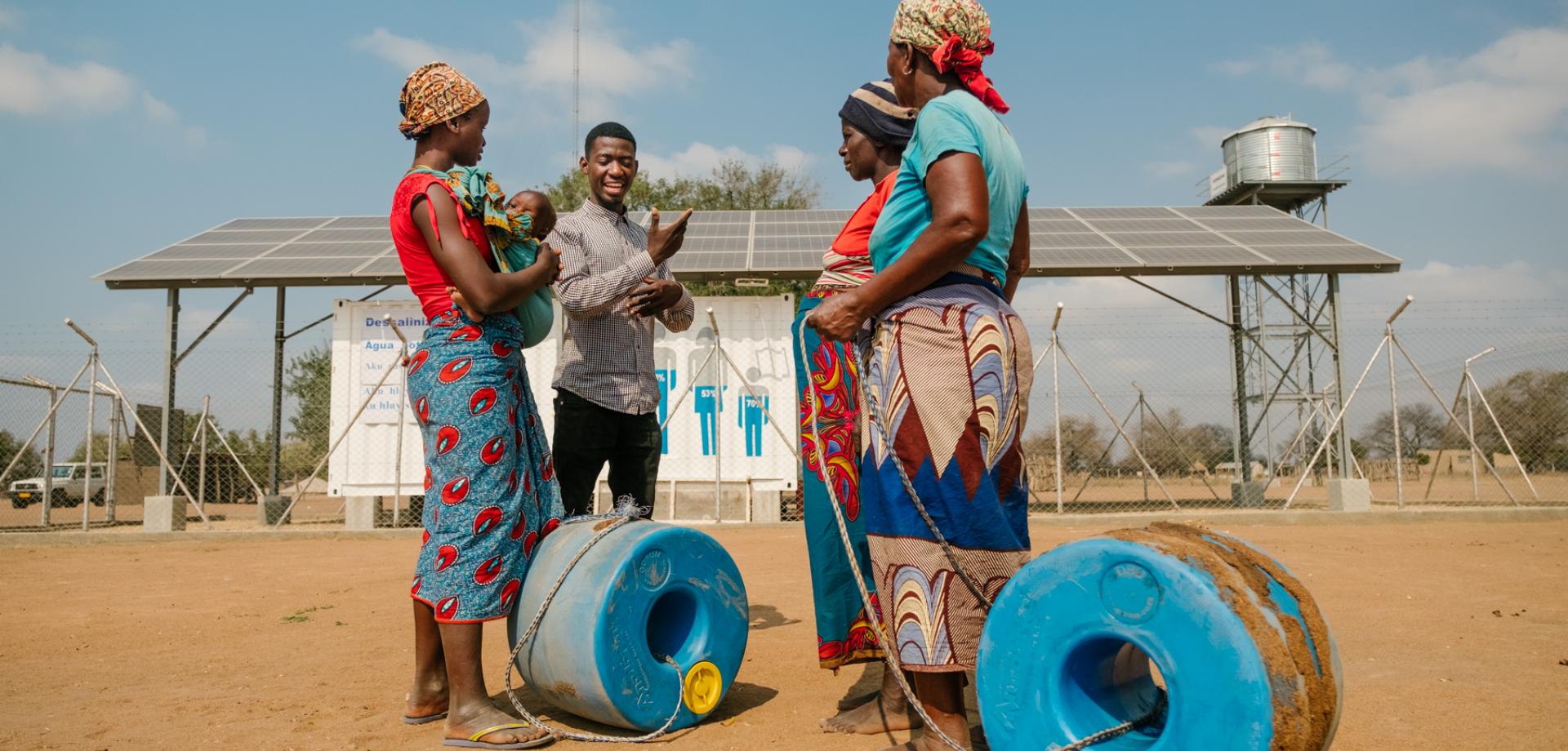
The Gaza Province in Mozambique is a dry region with few water sources. Enabel introduces new approaches that provide rural areas with better access to drinking water.
Water development in rural areas in Mozambique
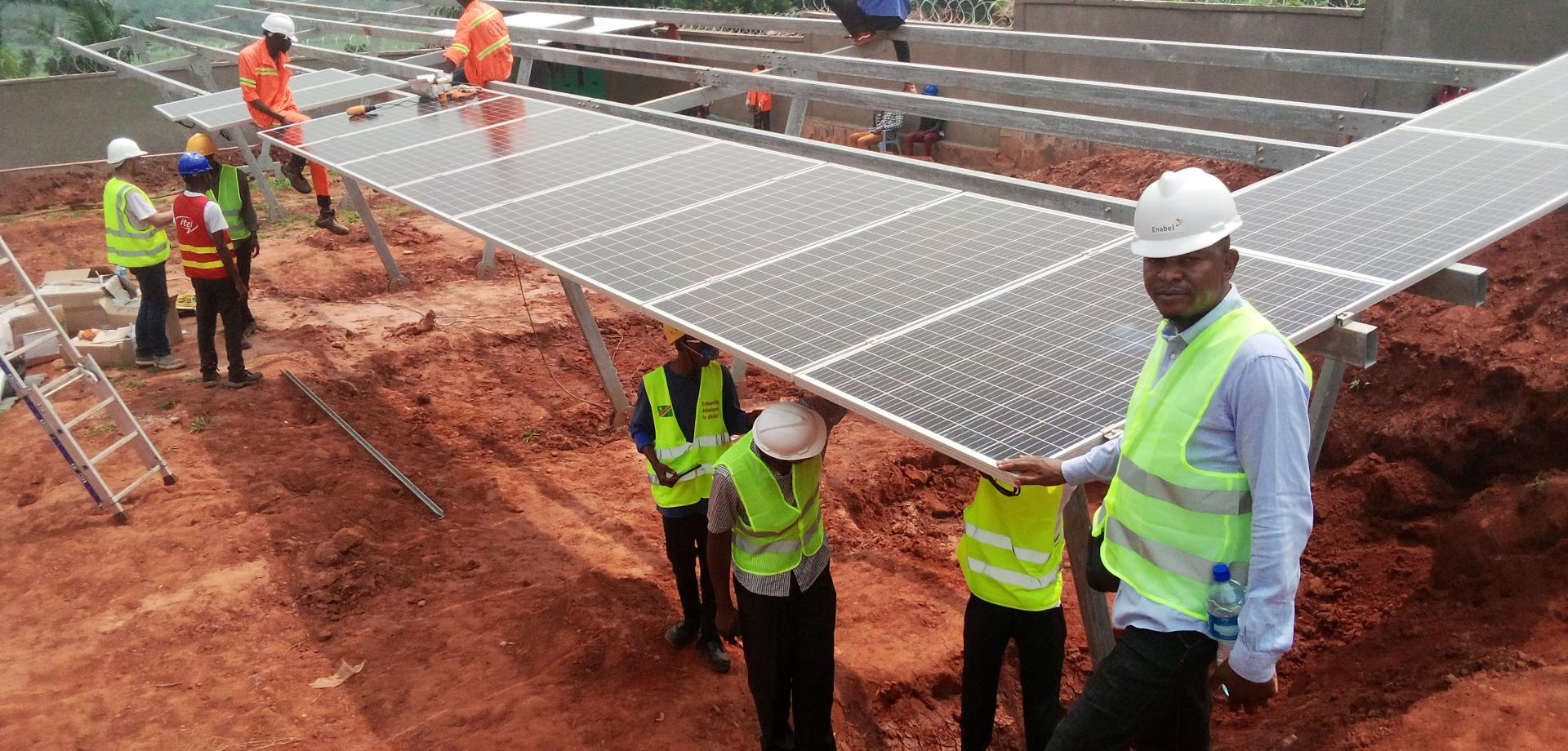
In the Democratic Republic of Congo, most households struggle to access a correct source of drinking water. But how do you solve this when there is no electricity either? Enabel tackles the problem together with local partners.
Solar panels for drinking water
News & Events
 News
News
25 April 2024
Employee of Enabel in Gaza killed in bombardment
It is with deep sorrow and horror that we learn of the death of our colleague Abdallah Nabhan (33) and his 7-year-old son Jamal last night after an Israeli airstrike in the eastern part of the city of Rafah.
Read more
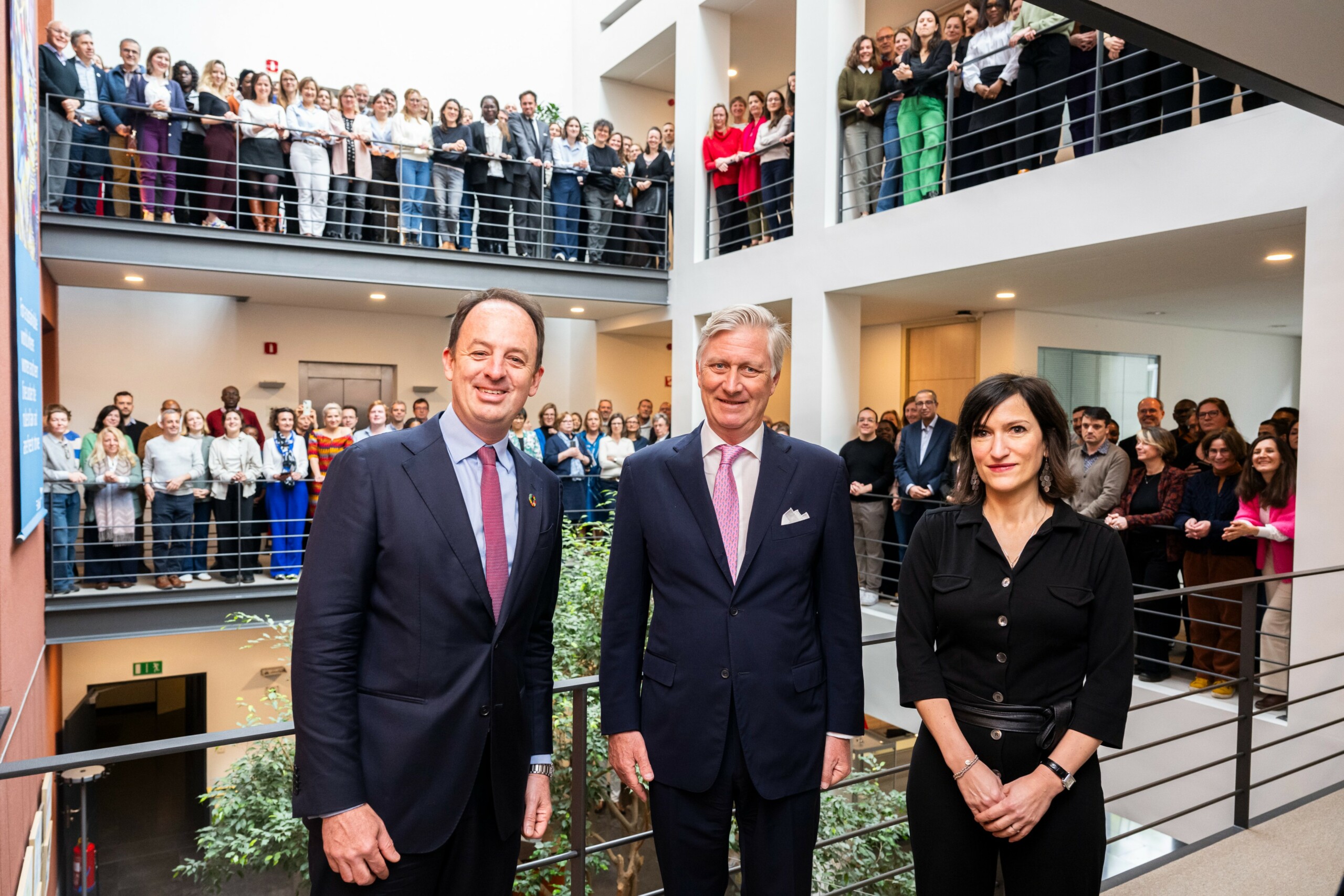 News
News
24 April 2024
King Philippe visits Enabel
King Philippe of Belgium pays an official visit to Enabel’s offices in Brussels.
Read more
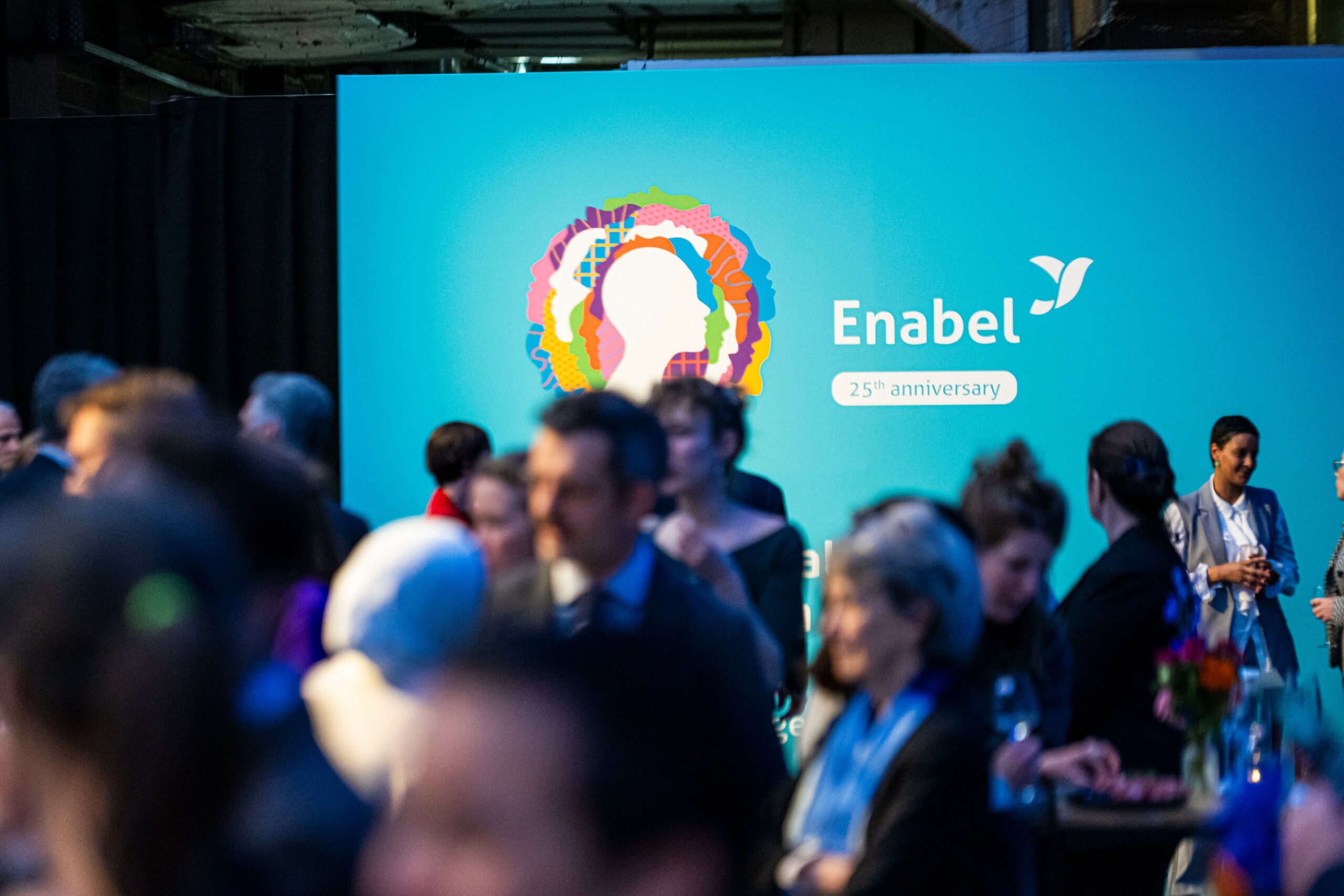 Events
Events
03 April 2024
Enabel celebrates its 25th anniversary
Is it time to upcycle international cooperation? On 28th March, we hosted the event “Upcycling international cooperation” on the occasion of our 25th anniversary.
Read more
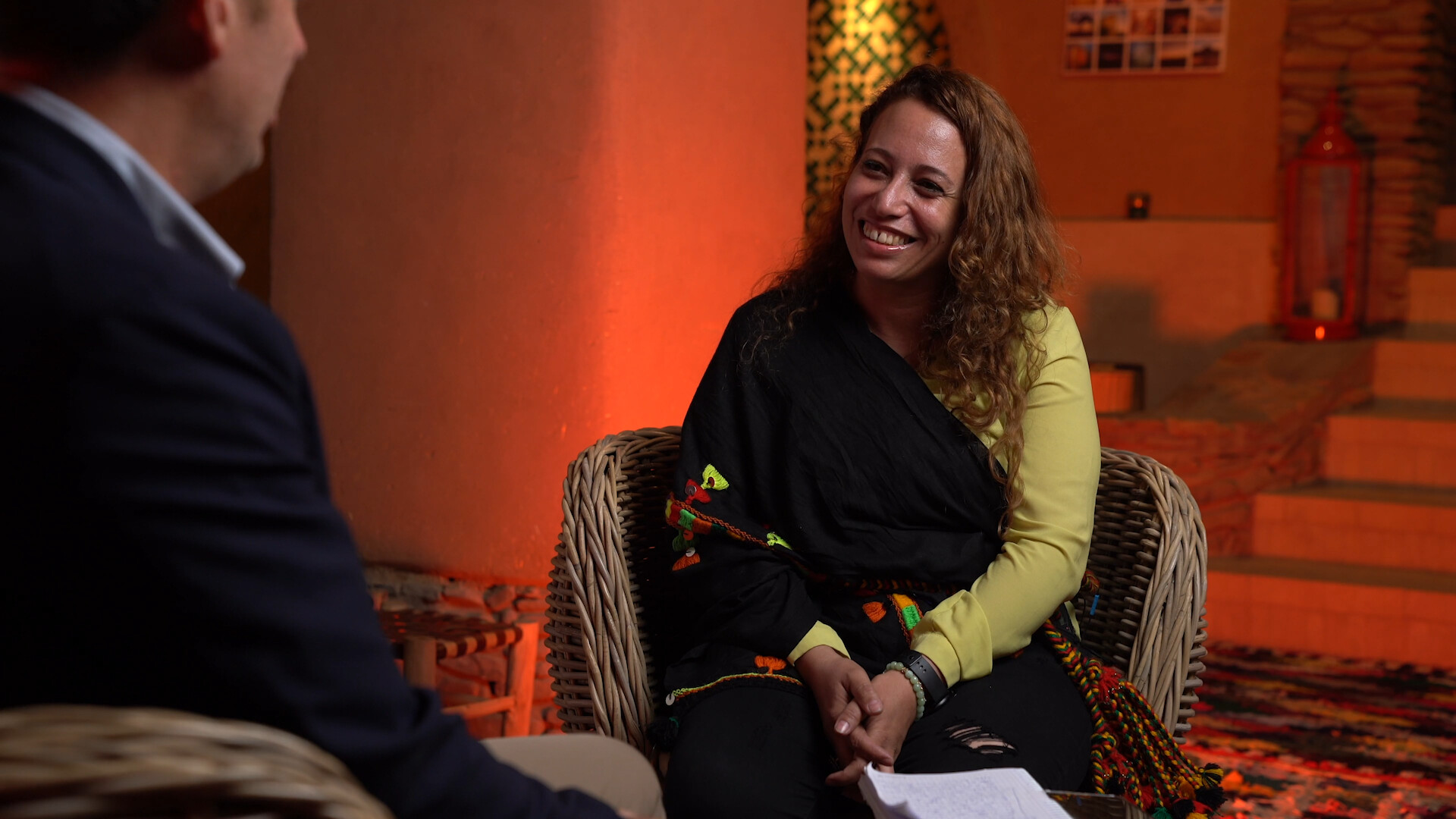 News
News
12 March 2024
#TeamBelgium invests in women
On the occasion of International Women’s Day, Enabel, BIO and the DGD honoured inspiring and resilient women.
Read more
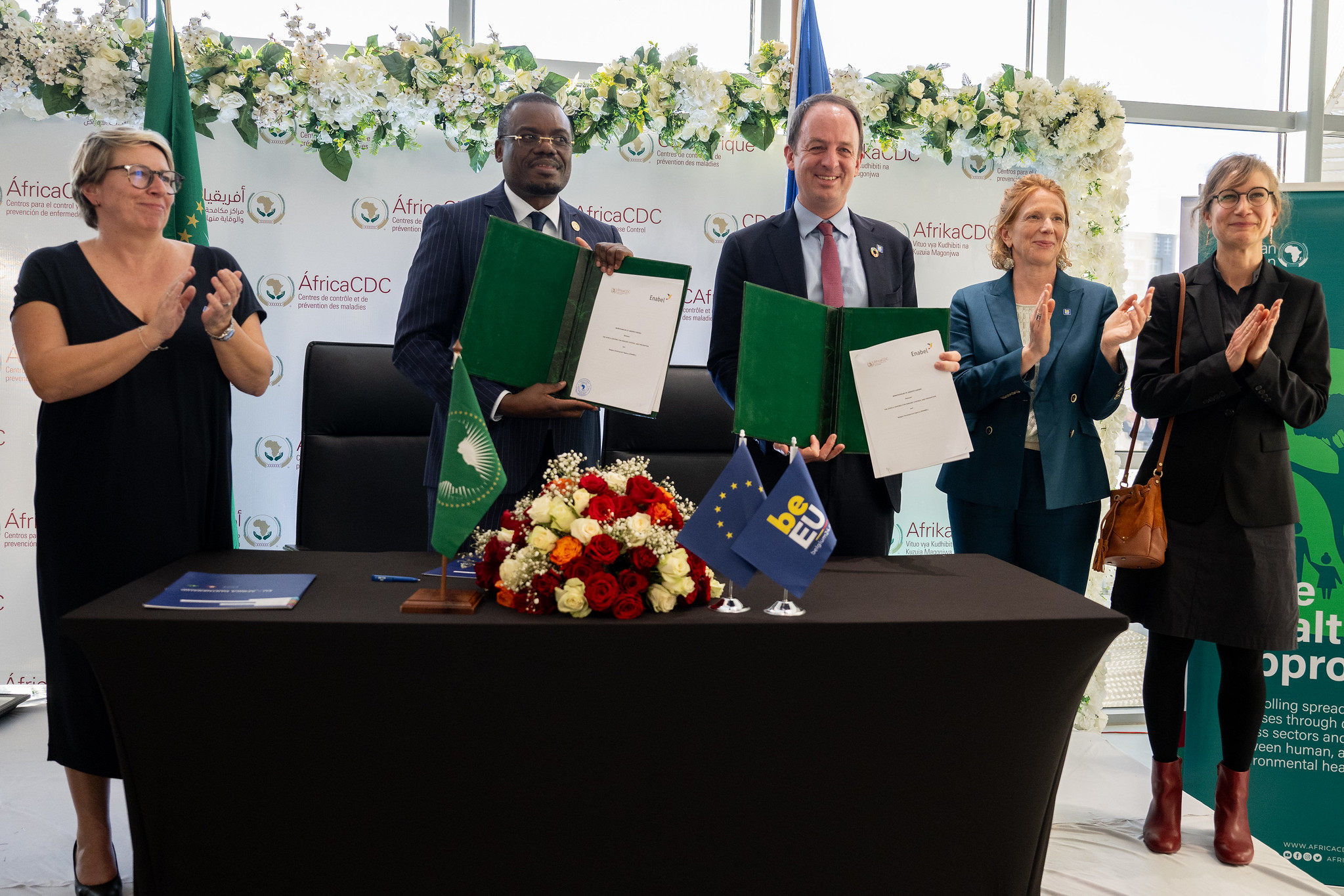 News
News
05 February 2024
Africa CDC and Enabel strengthen collaboration to reinforce health systems capacity in Africa
“This collaboration with Africa CDC is paramount to move forward and strengthen the continental health security architecture,” says Jean Van Wetter. Read more
Read more
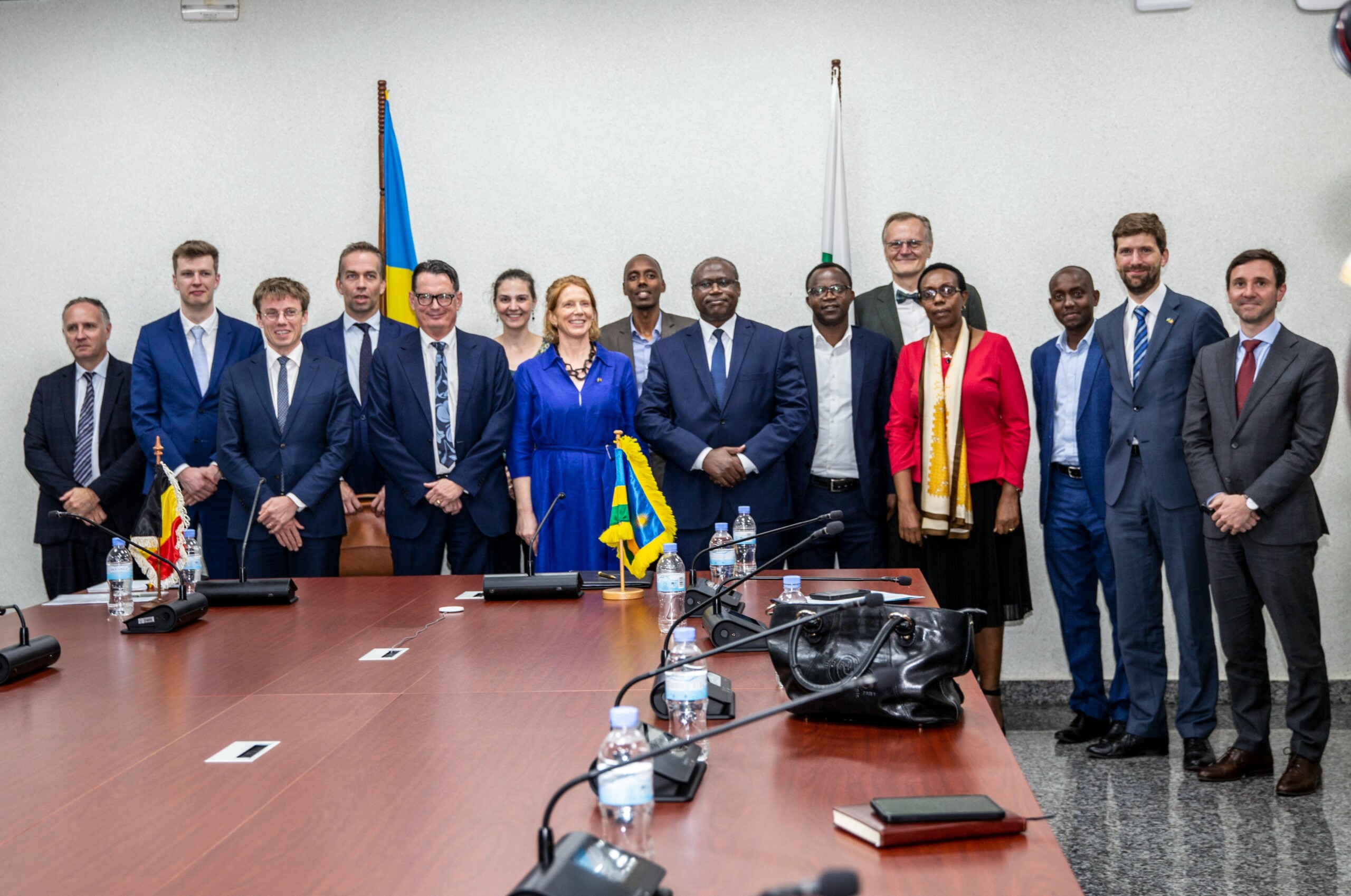 News
News
31 January 2024
Joint Press Release: Rwanda and Belgium sign new bilateral cooperation programme
The new cooperation programme strategically allocates resources across key sectors including agriculture, urbanisation and health.
Read more
